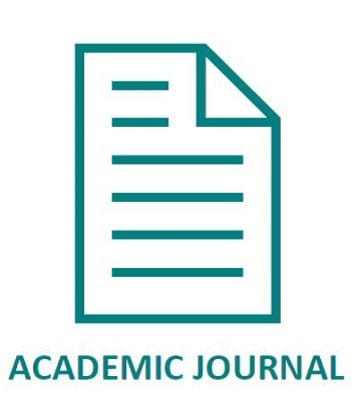Urban Stormwater Runoff: A New Class of Environmental Flow Problem
Abstract
Environmental flow assessment frameworks have begun to consider changes to flow regimes resulting from land-use change. Urban stormwater runoff, which degrades streams through altered volume, pattern and quality of flow, presents a problem that challenges dominant approaches to stormwater and water resource management, and to environmental flow assessment. We used evidence of ecological response to different stormwater drainage systems to develop methods for input to environmental flow assessment. We identified the nature of hydrologic change resulting from conventional urban stormwater runoff, and the mechanisms by which such hydrologic change is prevented in streams where ecological condition has been protected. We also quantified the increase in total volume resulting from urban stormwater runoff, by comparing annual streamflow volumes from undeveloped catchments with the volumes that would run off impervious surfaces under the same rainfall regimes. In catchments with as little as 5–10% total imperviousness, conventional stormwater drainage, associated with poor in-stream ecological condition, reduces contributions to baseflows and increases the frequency and magnitude of storm flows, but in similarly impervious catchments in which streams retain good ecological condition, informal drainage to forested hillslopes, without a direct piped discharge to the stream, results in little such hydrologic change. In urbanized catchments, dispersed urban stormwater retention measures can potentially protect urban stream ecosystems by mimicking the hydrologic effects of informal drainage, if sufficient water is harvested and kept out of the stream, and if discharged water is treated to a suitable quality. Urban stormwater is a new class of environmental flow problem: one that requires reduction of a large excess volume of water to maintain riverine ecological integrity. It is the best type of problem, because solving it provides an opportunity to solve other problems such as the provision of water for human use.
Note: Journal articles and conference papers (and links where available) are available under open access arrangements where possible. Otherwise please contact your institution’s library, the authors, or publishers to organise full access.
